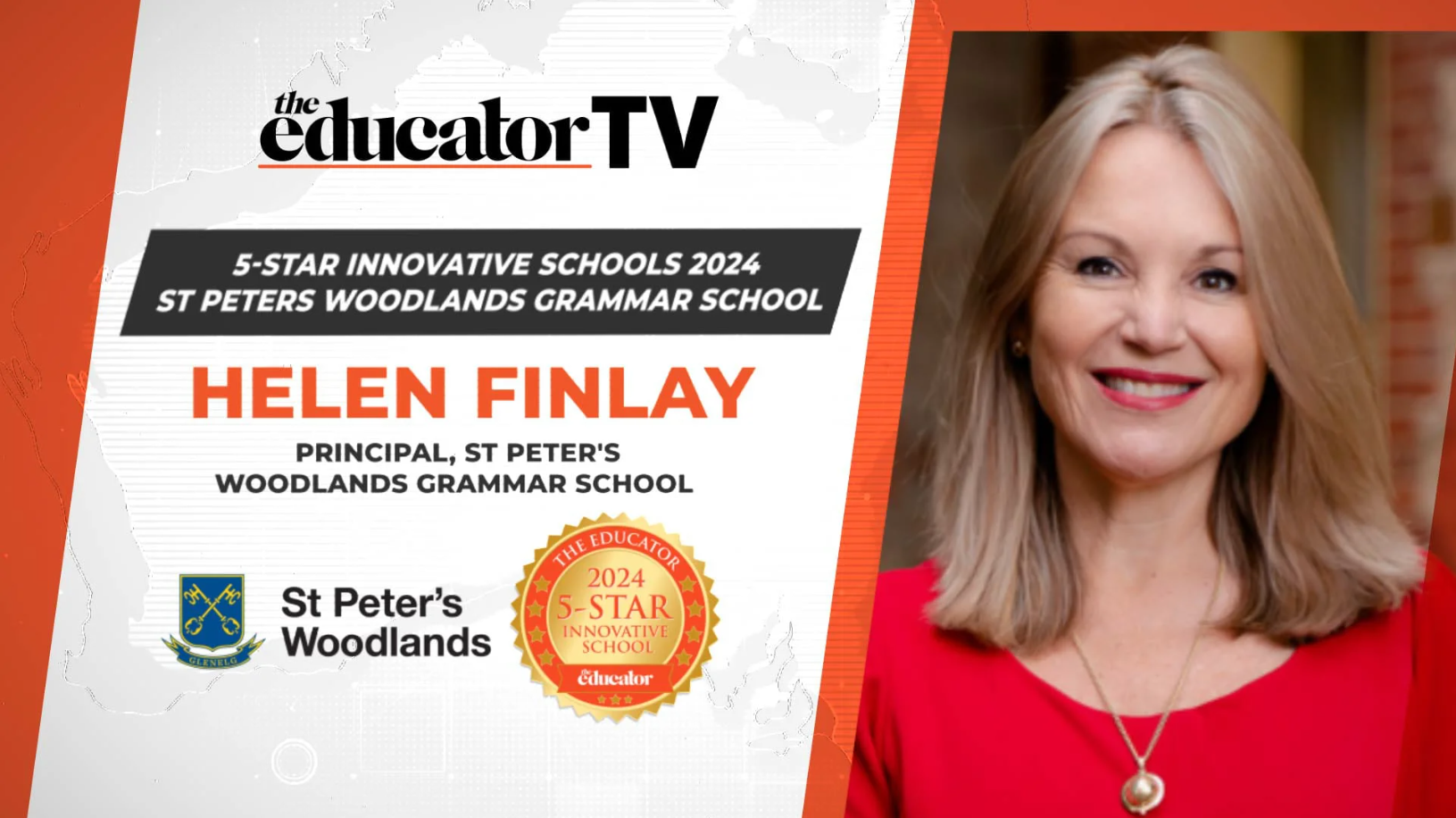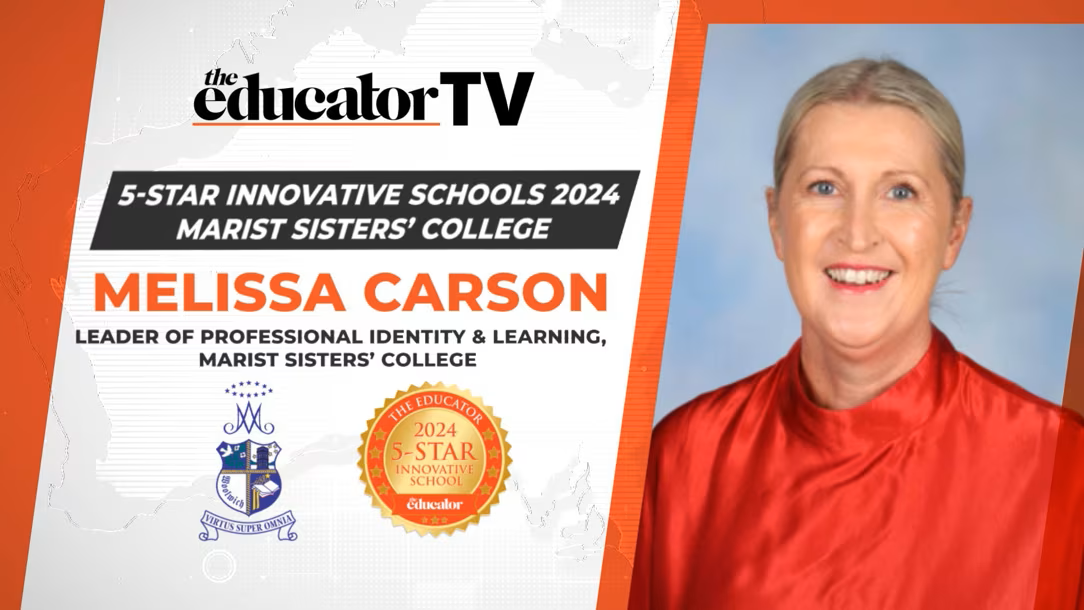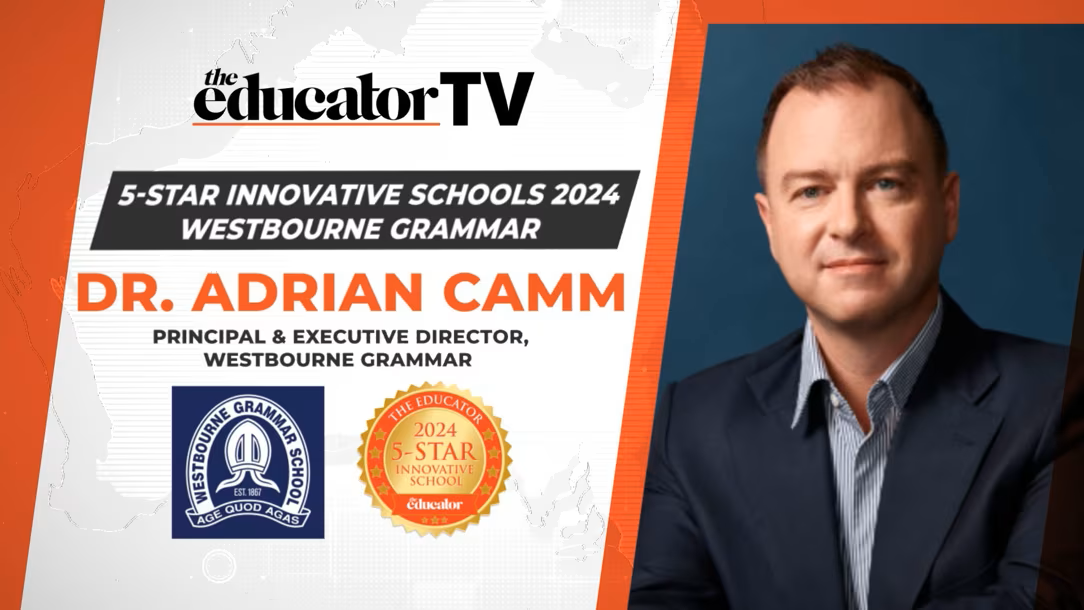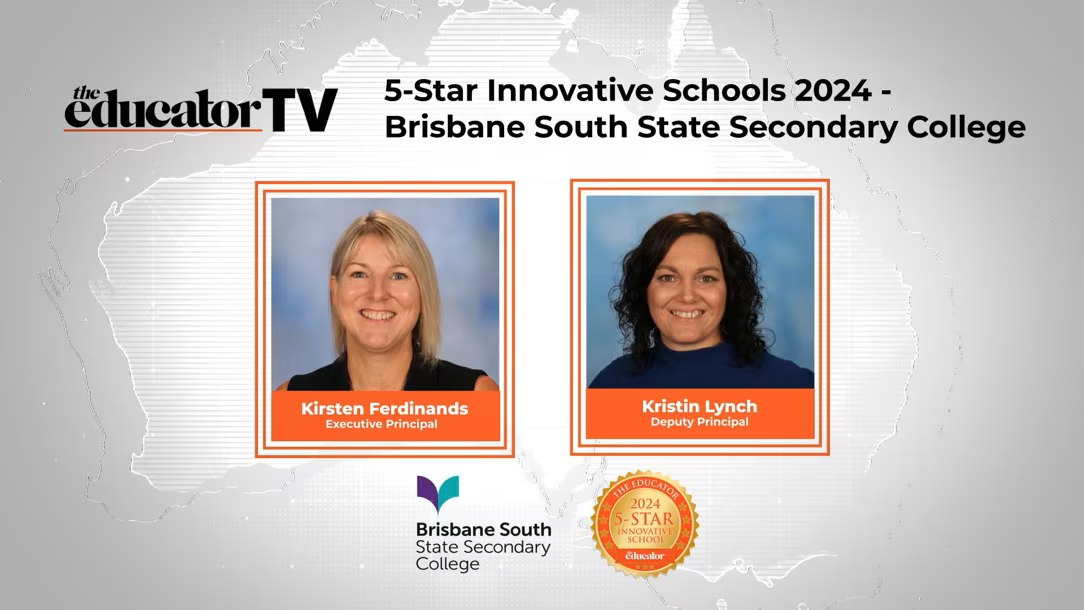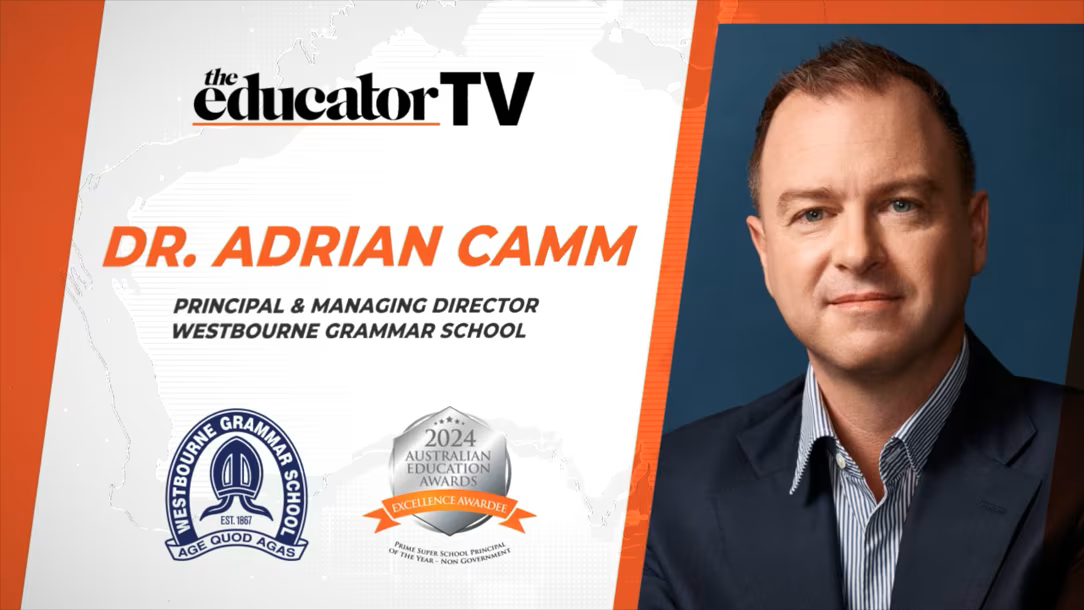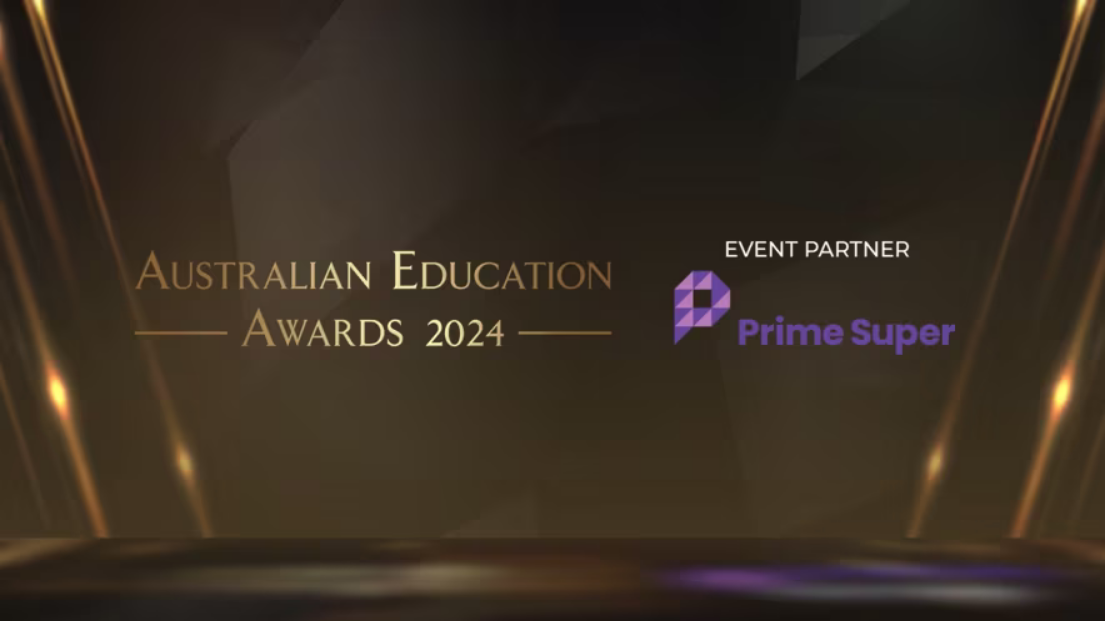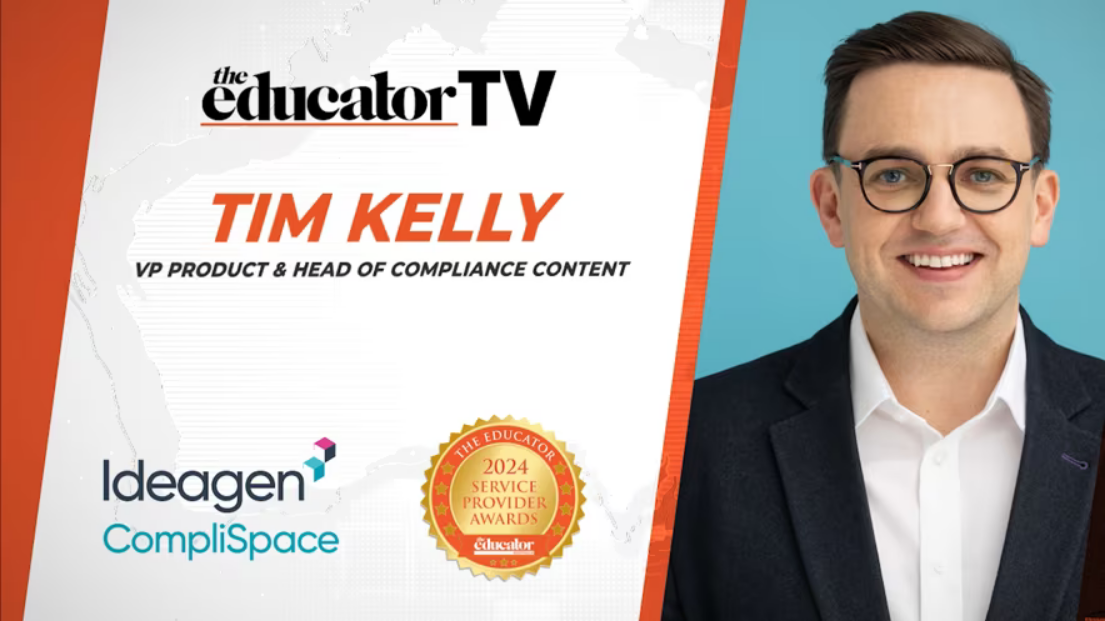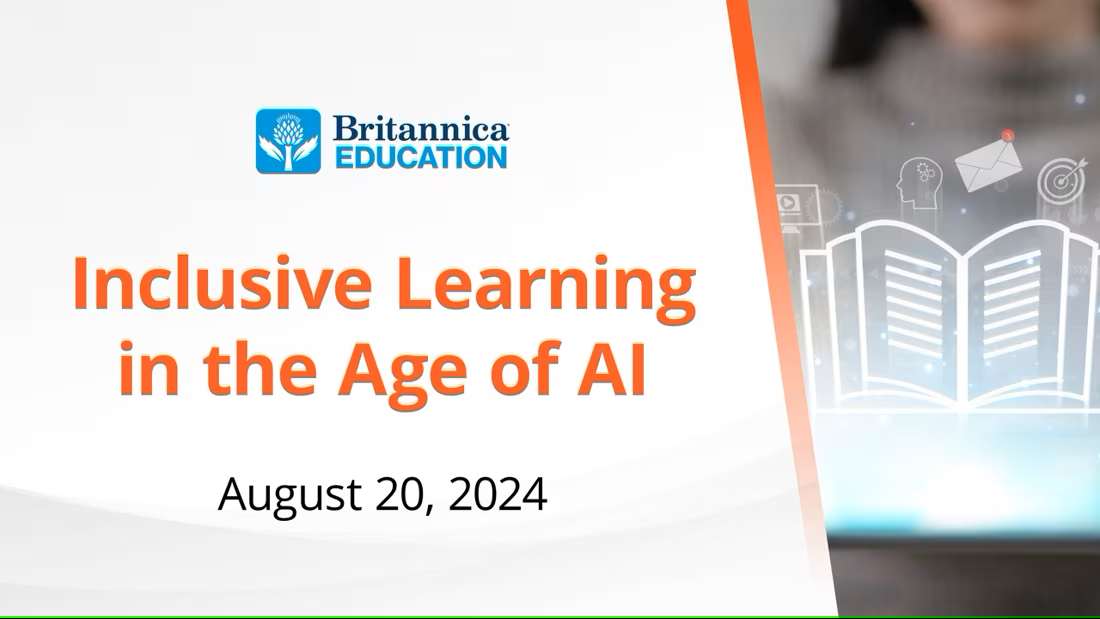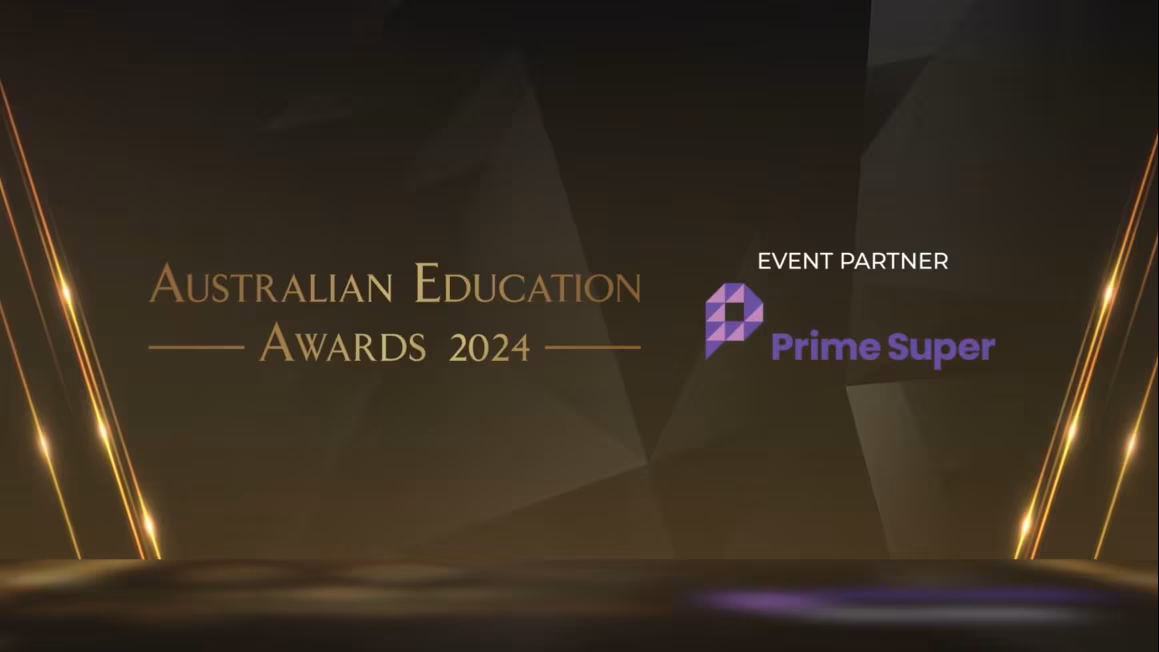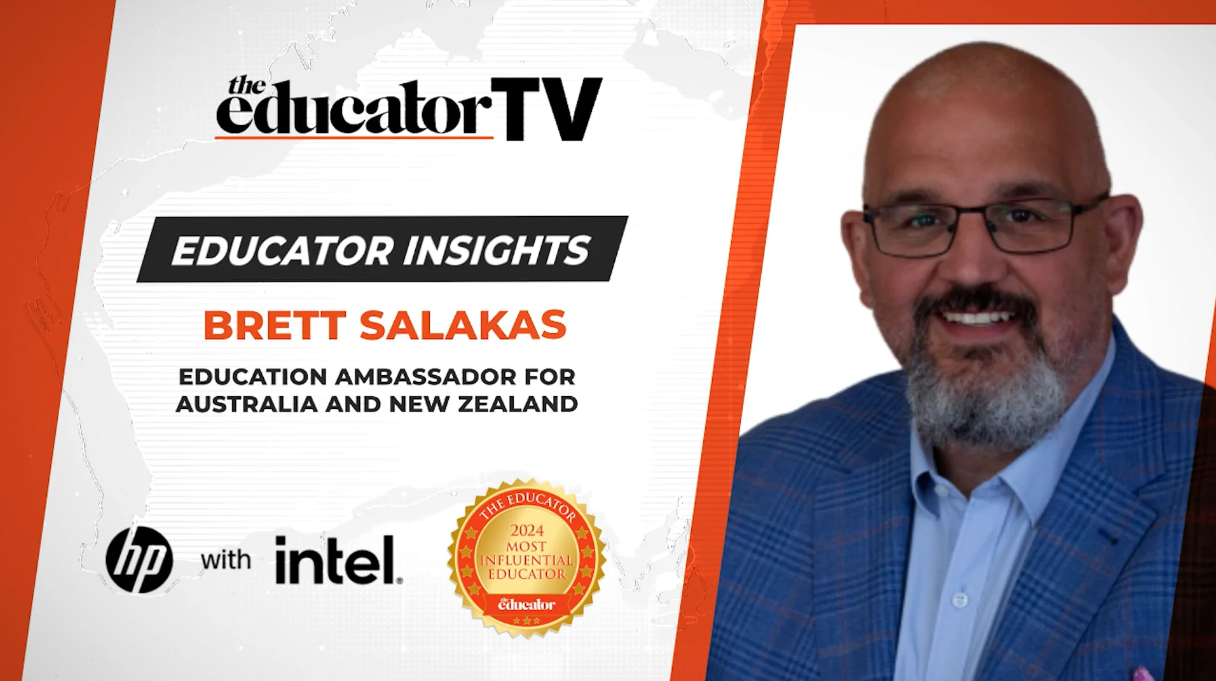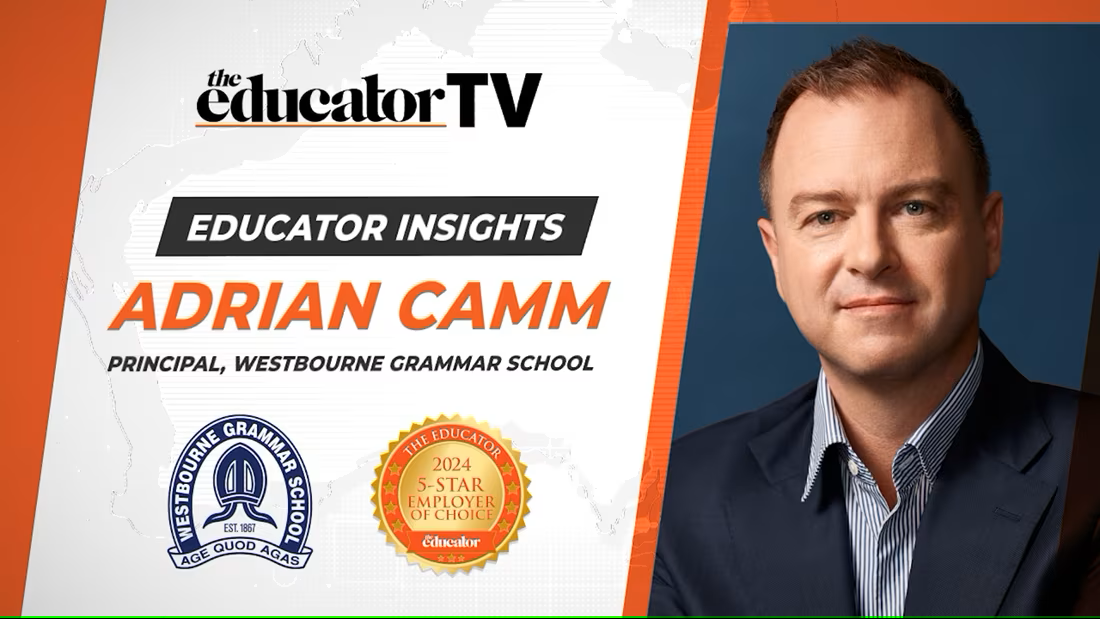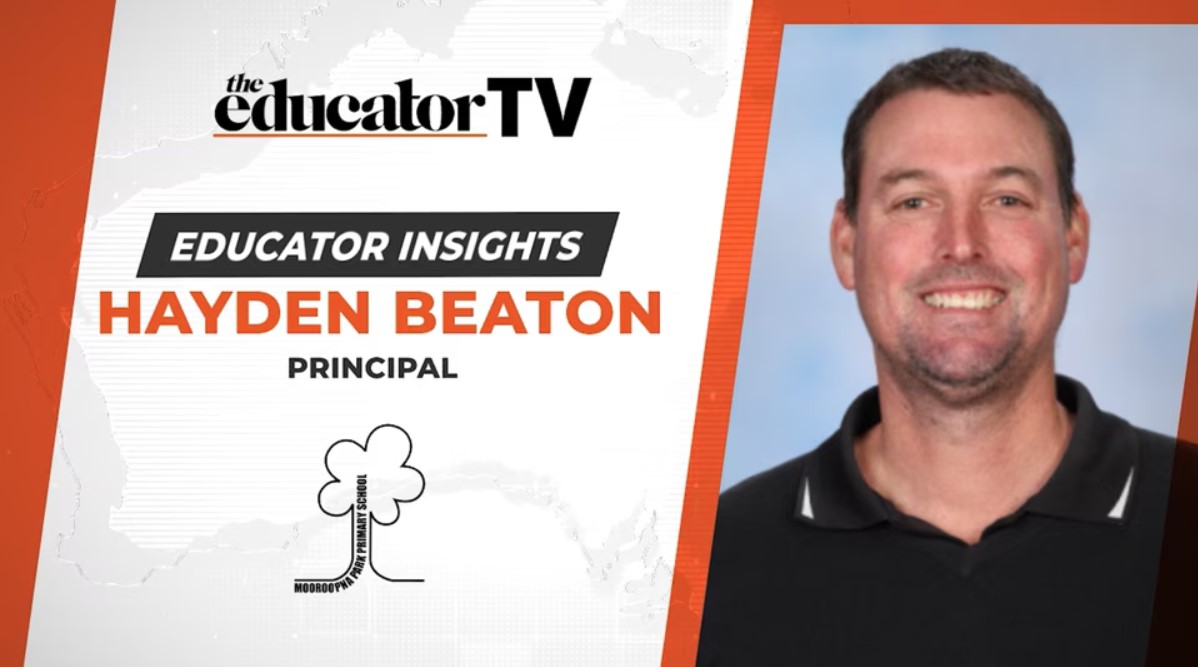Fostering a culture of trust
Nick has led a number of exciting new initiatives which have directly impacted the growth of student enrolments and the college’s standing in the community, while contributing to the educational landscape locally, across the state and nationally.
To view full transcript, please click here
Brett: [00:00:14] Hello and welcome to all viewers. My name is Brett Henebery, editor, educator. And joining me today is Nickk Johnstone, who is the principal at Bishop Druitt College in Coffs Harbour, New South Wales. In just four years, Nick has led some exciting new initiatives that have had a profound impact on the college in areas like student enrollments, pastoral care and innovative teaching. We'll also be speaking to Nick about the new master plan for the college and how it will ensure the great work that's being done is sustained well into the future. Firstly, Nick, congratulations on being named one of the most influential educators. What does this win mean to you?
Nick: [00:00:46] Thanks, Brett. Yeah, it's exciting times. Personally and professionally, it's it's a bit of a nod of the hat to hard work done. But looking forward, it means that I guess it creates a little bit of gravitas around plans going into the future. It also recognises through, I guess, my recognition, the team I have around me, because like any high functioning principal, you need a high functioning team to support you.
Brett: [00:01:19] Very, very true. What can you tell us about your approach to educational leadership and management best practice? Is there a like an underlying philosophy that drives your approach?
Nick: [00:01:30] That's a good question. Look, I would say it's not a traditional mode of leadership. I'm very much about building high quality and effective teams. And to do that, you need to create a trust environment. So really, that cliche of blue sky thinking really holds true in our executive meetings. No idea is a bad idea. And then we've got an opportunity to then refine those those skills, those ideas, and bring innovative practice forward. And we've got plenty of examples of where, you know, what seem to be at face value, a bit of a crazy idea has has turned into one of our bread and butter programs, really. So that's it's pretty exciting to be able to that.
Brett: [00:02:22] And giving the community, the school community that voice. It's amazing what can come out of that when you give students and staff a chance.
Nick: [00:02:31] Yeah, and I was lucky, Brett. And the fact that when I arrived in the school community, our strategic plan hadn't been done for a while. So it was an opportunity to to gather voices. I met with every single staff member and I've got a big school, so that took some time. But I basically said, I will sit down on the couch and speak to every staff member, whether you be a cleaner or a deputy principal. It doesn't make any difference. I'll give you 25 minutes. In that first six weeks, I did the same thing with parents and the fact that I gave them an opportunity to to meet with me face to face face if they wanted to. And, of course, went along to I don't know how many events. I think the first year might have been 700 events I went to across the school community, and together we built with a college council a strategic plan that had a strong voice from all quarters. And that was a fantastic way to move forward, because I felt as though I had a really good pulse of where the committee, where the community was at and where they wanted to go.
Brett: [00:03:41] And so what came out of all that with this master plan you've developed for the school? What is the master plan and what are the key areas it's addressing?
Nick: [00:03:49] I guess there's two parts to it. There's the strategic plan, which is around what's the vision for how we're going to teach and learn in the school and what kind of citizens do we want to make? And then once that was established, then we went back, oh, probably eight months later and said, okay, now what does the school look like? What's it going to feel like and look like from that built environment side? So there was two separate things and a lot of people try and do those things together. But I think it was very important to say, okay, what kind of school do we want to be, number one? And then, okay, let's, let's go about building that both with structures and the bricks and mortar, but also from our programs perspective. So some of the exciting things that we did really early days was. Reinvest in current classrooms. So renovate. So we spent some some dollars around our minor capital works budget on renovating classrooms. So some of our classrooms had old tech, had old carpet, had old cupboards, had old furniture, and they were furniture that was in rows. So we said, okay, well actually that's not the school we want. Our parents and our and our staff and our students, for that matter, too, wanted a 21st century learning environment. So they wanted flexible learning spaces. So we've renovated about half of the school now in the last four years in doing just that, creating 21st century learning spaces, very flexible. High access to resources. And I've got a happier staff as a result of that, quite frankly. And happy teachers make happy classrooms, as you know. And the flip side of that is also looking at really high focus areas that needed support. So now we have a wellbeing hub. Before our wellbeing staff, we had a school psychologist and we had a family counsellor that was part time and one and a half chaplains and that would distribute it across the school in different locations for confidential confidentiality reasons. But really we've now created a home for them and we've got a director of student wellbeing and now that's the home to a lot of different programs, whether it be human rights committees or LGBTQI Club or our guru group or environment group. It's not just about counselling and triage, it's about building capacity in our community. So there are a couple other things we did very early days and since then we've been working on specific programs within our arts program and our and our sport program outside of our teaching and learning practices.
Brett: [00:06:42] Fantastic. What a positive transformation in such a relatively short period of time as well.
Nick: [00:06:47] Yeah, I was talking to my head of Taz just recently about going back to having ski trips again on the school holidays for the kids. And he's he's one of the teachers that organises that. And he said to me that he was impressed and in a positive light around how quickly the school had been renovated and transformed and the culture reset since I arrived. And that was quite a beautiful thing to say and I really appreciated that positive comment.
Brett: [00:07:19] Great feedback, indeed. So what's your and the school's focus now going forward and what advice would you like to leave your fellow practitioners with?
Nick: [00:07:29] Oh, Brett, it's really around. You have to be inclusive and at the moment across the country I think we've learnt a lot of lessons from COVID and we've learnt a lot of lessons in previous times around immigration issues and all sorts of different things. The rights and responsibilities of the Royal Commission, for example, is another thing that we've learnt in the last 10 to 15 years in Australia. But at the end of the day we have to take responsibility as leaders and we have to be inclusive as leaders. So those two things have to be foundational and then when you get those two things right, we also have to be innovative. We have to look for opportunities to improve our practice and that can take huge leaps in some areas quickly. And in other areas that takes time. But at the end of the day, we need to be moving forward with innovative practices. We all know that the world is not the same place. It was certainly when I was a student or even when I became a teacher. I've been teaching for 30 years. When I first became a teacher, it was a different world than it is today. I think every if you spoke to every workplace, they would talk about how their workplace has changed in the last 10 to 15 years. Well, schools need to do exactly the same thing. We need to adapt. We need to be innovative. We need to embrace change. That doesn't mean we throw away good teaching practice, but it does mean we need to look and review our teaching practices and tweak and refine and improve what we can. And so I think their big takeaways. Yeah, responsibility, inclusive practice and innovation.
Brett: [00:09:25] Are you optimistic for the future of education here in Australia?
Nick: [00:09:29] I am and I get asked that regularly. That question I am and I see that in the faces and the actions and the behaviours of my students every day. We've, we've recently opened a dance academy at the school and the year before I opened a dance studio and added dance to our curriculum more than just a club, actually dance in the curriculum and now a dance academy and speaking to parents and students, they just over the moon that we're thinking outside of those normal classroom blocks. And I've spoken to them about the importance of holistic education, building high capacity citizens and having children that are well prepared going into society. And and to me, it's a no brainer. And fortunately, when you speak to our our kids, they get the. Two. They want to have a voice. They want to be active citizens. And they see what's going on around them. They're politically savvy, our kids. They know that we need to do something with our environment. They know we need to be more inclusive around issues, with racism. They see it. We can't be blind to that and think, Oh, the kids, it's an adult issue now. It's not. It's a kids issue and it's a now issue. And we need student voice.
Brett: [00:10:55] Fantastic. Your school is listening.
Nick: [00:10:56] Student voice is vital in everything from your co-curricular through to your curricula, but it actually helps build culture in a school. If students feel as though they have a voice and they're heard and and I mean outside the tacit involvement, like a student council, it needs to be deeper than that. It needs to be multifaceted. If they feel heard, they feel they don't feel powerless. And that's one of the issues around student mental health is because a lot of students don't feel as though what they do matters and has an impact on the world. And we've seen the world and I'll be a little bit pessimistic here. It's it's careered out of control a little bit recently with regard to COVID. And no one really feels as though there's much control. So this is where schools need to take some leadership here, because if the students feel as though their environment around them, they have power, they have a voice, then they feel actually more involved and more in tune with that environment. And they then have a sense of belonging. And we all know from the research that if a student has a sense of belonging in a community, they they're happier, they feel safer. They can experiment with their own identity, they can experiment with their own learning. And we'll get more out of them and they'll get more out of themselves. And kids want to have a voice around key issues. So things like when a school is developing a reconciliation action plan for their for their Aboriginal community and for the school more generally, it needs to have a student voice when you're developing your climate policy for the school, it needs to have a student voice. When you're looking at racism issues, it needs to have a student voice. It can't just be a policy that's enacted on the kids. We've been really excited about having student voice in our curriculum more recently. So our our year five to year eight multi-age curriculum project is called Kaizen and we've got another one in year in year nine and ten. And it's a multi-age semester based electives course called World Options. Both of those courses from year 5 to 10 had student voice. So by way of an example, the heads of faculty actually sat down with student focus groups to talk about world options courses for year nines and tens. We looked at the curriculum. Of course we did. You have to in New South Wales, Wales, USA holds the reins pretty tight. But but outside that there was the skill set, there was the interest of staff, there was the strategic documents and and school improvement planning documents, and then there was student voice within that as well. And so taking all that information in the the teachers have written some amazing programs and the kids will tell you and in information notes, the parents will tell you, I wish I was back at school because I would have chosen this, this and this. And the kids come back to me and say, Sir, I can't make a choice. There's too many good things to choose from. And that's pretty amazing. I certainly don't recall that when I was in high school. And that's magic. And and likewise from the kids in program from year five to year eight, I'm not teaching this year, but previously I taught a subject which was solar boat racing. The kids had to make a solar boat. I taught them how to do the next science teacher. I taught them how to do the soldiering, taught them how to wire the, wire it up. And then we built it and we raced them in class time as a fun project. There's a lot of stem in there, but there was a lot of social engagement as well. And then those kids had a chance to then represent the school at state and national level and competitions. It doesn't have to be just co-curricular stuff. That student voice can be the heart of the school, the curriculum in the classroom.
Brett: [00:15:21] It's amazing stuff going on there. Nick It's it's great. To hear not just that your school has to have those options, but that they're having such an amazing impact on student well-being and voice.
Nick: [00:15:31] It's exciting, and we see that feedback come back from students and from staff and from parents on a regular basis that we're hitting the mark on, I guess some of those key indicators and student voices. One of those.
Brett: [00:15:46] Absolutely. Look, Nick, thank you so much for putting us on the time to talk with us today. And congratulations again on winning such a well-deserved award.
Nick: [00:15:54] Thank you, Brett. And I appreciated the the recognition and I'm looking forward to sharing this with my wider community, too.
Brett: [00:16:02] Thank you also to all of our viewers for joining us on The Educator TV. We'll see you next time.



